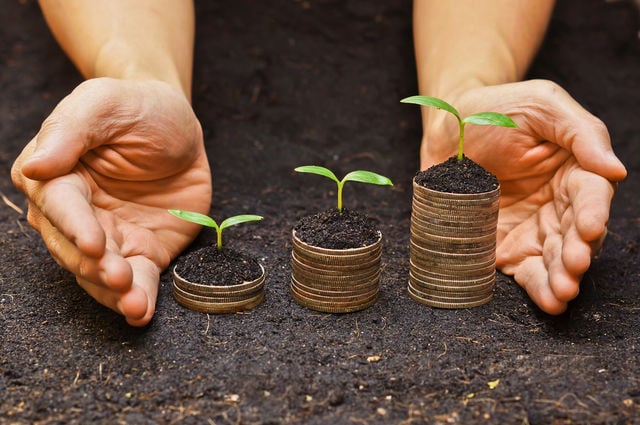Driving Resiliency and Sustainability in Hospitality: Five Priorities for 2021
23 experts shared their view
Recovery, resilience, recalibration, or bouncing back are a few examples of keywords that are at the center of any discussion surrounding the hospitality industry's economic prospects this past year. However uncertain the economic future may be, major crises of earth systems are unabated to date. While similarities exist between resiliency and sustainability (i.e. both concepts refer to the state of a system or organization over time in response to instabilities), there are notable differences, and conflicts, in the two concepts (i.e. achieving short-term economic resiliency at the expense of socio-environmental wellbeing). Looking forward, all eyes are on resiliency (growth!) in hospitality but how do we decouple growth from impacts, most notably carbon emissions? How do we ensure that sustainability is a component of resiliency (or vice versa)? What are the five priorities the hospitality industry should set to tackle resiliency and sustainability at the same time in 2021?
As a responsible industry, focussed on building back better, this is a time to assess any systemic changes that are required to ensure we are operating in a way that is both resilient and sustainable. The priorities for the hospitality industry that we recommend to support their recovery in terms of sustainability in 2021 are:
- Ethical recruitment and employment: Already a priority for the industry, protecting people who will have been left increasingly vulnerable as a result of the pandemic will be a key part of recovery plans. The industry recognizes it can be at risk of human rights issues and it is essential that all businesses, wherever they operate, have processes and governance in place to mitigate human rights risks and promote ethical recruitment across their labor supply chains.
- Inclusive employment: The pandemic has demonstrated how vulnerable people and communities are once again disproportionally affected by adversity. Although the pandemic has also had a huge impact on the industry, hospitality has long been a huge contributor to economies and employment opportunities globally. Through entry-level jobs, hotels can offer opportunities to people from restrictive backgrounds and those who have been unable to access education – which provides a solid foundation of sought-after skills for many different industries.
- Climate action: The Paris Agreement brought into focus the urgency for action on climate change, and this is no less critical today. Extreme weather is increasing the cost of operations and governments are setting increasingly strict targets on emissions and other environmental impacts. For example, the European Commission is proposing to increase the 2030 target for emission reduction from 40% to at least 55%. Our own research has found that hotels need to reduce their carbon emissions by 66% per room by 2030, and 90% per room by 2050 to align with the targets set by the Paris Agreement. Sustainable hotels do offer significant business benefits, which will be important at a time when hotels are reviewing the efficiencies of their operations.
- Community engagement: The pandemic has highlighted the role that hotels play within their local communities. Hotel support around the world ranged from offering their properties as health care and quarantine facilities, homeless shelters, donating meals to frontline personnel or migrant workers and supporting food banks, to turning bed linens into facemasks and, in a global symbol of solidarity, lighting their windows in the shape of hearts and other messages of hope. By continuing this local and charity engagement, hotels will continue to demonstrate their crucial role in society and their relevance within each community.
- Reporting and communicating sustainability: Before the pandemic, sustainability was a factor that's becoming increasingly important to public guests and corporate clients. 70% of global travelers say they would be more likely to book eco-friendly accommodation (Booking.com) and would be willing to pay more to ensure minimized environmental impact (TUI Group). This is an issue that's been heightened by the pandemic rather than eclipsed. 58% of consumers say they are thinking more about the environment since the pandemic (Publicis Sapient). And it's not just the environment, with research showing that 73% of consumers are taking note of brands that are making a difference during Covid-19 (Publicis Sapient). This is therefore an opportunity for brands to communicate their sustainability efforts to guests and in their corporate reporting to ensure that they are differentiating themselves and maximizing revenues.
These recommendations are not just ethical considerations but crucially are also aligned with the industry's commercial interests. Please see our resources such as the Business Case for Sustainable Hotels for further details on the benefits and recommendations on how a sustainable recovery will support the industry to remain resilient for the challenges and opportunities now and in the future.


